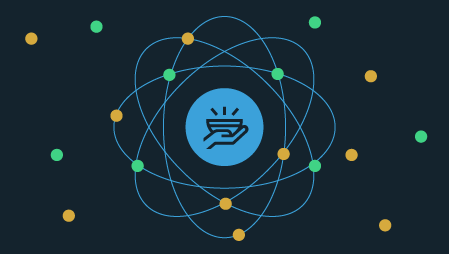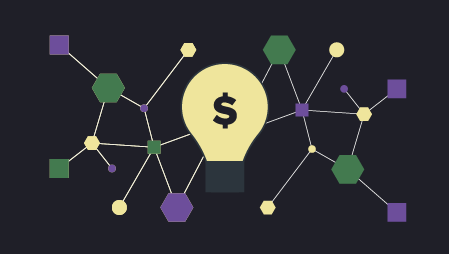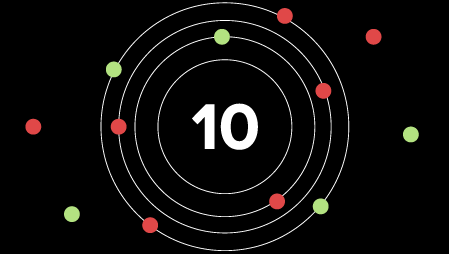IOT or people say it as the Internet of things is changing today’s world. IOT is bringing a revolution in the industries and in people’s everyday lives. Talking about the healthcare industry IOT has brought many changes towards it. The futuristic approach is carried forward in the same with the help of IOT.

In today’s world, every other device is built in a way that it connects with Wi-Fi or internet according to the availability. Nowadays people are more into mobile phones and wearable’s penetration of these devices are growing day by day. This is clearing a full path for the IOT industry to grow in people’s everyday lives. Also, it is seen that the advantage has been taken in different sectors of the economy including healthcare as a major one.
There are many industries which have adopted IOT more quickly, though healthcare professionals have watched this trend closely which made their work more automated and convenient.
With the increasing use of this technology healthcare industry is set to transform within the next decade as it has a great potential application via remote monitoring to medical device integration.

Well, the Healthcare revolution was started in the US after the Healthcare Information Technology is created for Economic and Clinical Health Act (HITECH Act) in 2009 to start the adoption of Electronic Health Records (EHR). Other than this the new portal engagement for patients is very helpful. Now, every other patient can engage for the medical services through the online portals. Like for example, they can make their own appointments, contact their doctors.
The Healthcare Internet of things is an economic market with a lot of potential in it. Most of the bigger IT giants are rushing in to establish themselves in this sector. There are many major companies who specially develop the product for medical applications such as, Cisco Systems, IBM Corporation, and Microsoft Corporation, etc. Also, Microsoft has built an Azure platform for cloud-based healthcare services.
Well, besides technology developments, there are other factors increasing the growth of the healthcare internet of things. One of the factors is constant economic development and the increase in the interest of the government in using digital healthcare & fitness solutions to improve the accessibility of healthcare and decrease the cost.
Now the question here arises that what healthcare devices are used in the hospitals and how can they be connected into networks?
There are more than 2 categories in which these medical devices can be divided:
- Implanted Medical Devices: An implanted device is a device which certainly replaces the biological part of the body. These devices mainly support the damaged biological structure or enhance the existing biological structure. The category includes drug delivery devices, cardiac devices & implantable neurostimulator, etc.
- Wearable’s External Devices: These are generally biosensors which monitor physiological data with remote/wireless communication which can be used for patient monitoring. Examples of such devices are Blood Pressure Monitoring Machines, EKG Monitor, & Temperature Monitor, etc.
- Stationary Medical Devices: These devices are widely in the medical or healthcare industry. There is a wide range of stationary medical equipment available. They can be used in various applications such as clinical operations, connected imaging known as X-Ray and MRI, lab tests, and drug delivery, etc.
These healthcare devices are transforming the way the healthcare services are provided to the patients. As the number of healthcare devices is increasing they are generating a high amount of data. Day-by-day as the healthcare devices are becoming smarter, complex and demand efficient, they are becoming convenient and safer technologies. According to the research done on such devices the most popular connectivity technologies which are used by the medical experts to provide the medical facilities to connect various devices are:
- Bluetooth Low Energy
- ZigBee
- Cellular
- Satellite
- Wi-FI
IOT Healthcare Solutions
There are many big firms and companies which are adopting the Internet of Things in Healthcare and are growing steadily as well as their solutions for various applications.
The rise of IOT is exciting for everybody due to its different scope of use in various sectors. Well, we are talking about the healthcare sector here and it has several applications in this application.
Although IOT in healthcare helps in:
- Enhancing drug management
- Enhancing the availability of hardware which is critically used.
- Reducing the wait time for emergency room
- Enhancing Drug Management
Also, IOT has also introduced several devices and wearable’s which has made the lives of patients comfy. Such devices are:
Hearables
Hearables nowadays are compatible with Bluetooth which syncs with your smartphones. It allows you to equalize, filter, and add the layered features to the real-world sounds. Doppler Labs, & hearing aid technology is the best examples of IOT wearables.
Sensors
These are pill-sized sensors which are generally used for monitoring the medication in our body and warn us if it detects any irregularities in our bodies. These kinds of sensors can be a boon for diabetic patients as it would be very helpful curbing symptoms also it will provide early warning for the disease. Blood Glucose monitor is an Example.
Computer Vision Technology
The Computer Vision technology has an AI built within it which has given rise to Drone Technology. This Drone uses the computer AI technology and the data provided to it, to locate the obstacles and to locate around them also it locates the visually impaired people and helps them to navigate them efficiently. Skydio is one such example of this kind.
These are some of the devices based on Healthcare IOT which helps the healthcare industry in the development and providing the best medical services.

Benefits of IOT in the Healthcare Industry
- Better Patient Experience
- Reduces error and waste
- It Improves Outcomes of Treatment
- Better Drug Management
These are some of the benefits of IOT which are helping in the healthcare industry for both the patients and healthcare experts.
Conclusion:
IOT is a developing platform. IOT is one of the futuristic technologies. Things on the internet of things can be a person who has a cardiac implant. Animals having a biochip transponder on them which helps to track them when they get lost.
More increasingly, an organization in a variety of industries are using IOT to operate more efficiently, they are understanding IOT and its benefits and also are implementing it in their particular industry like healthcare. It improves decision making and increases its value in the business and treatments in the healthcare industry.



